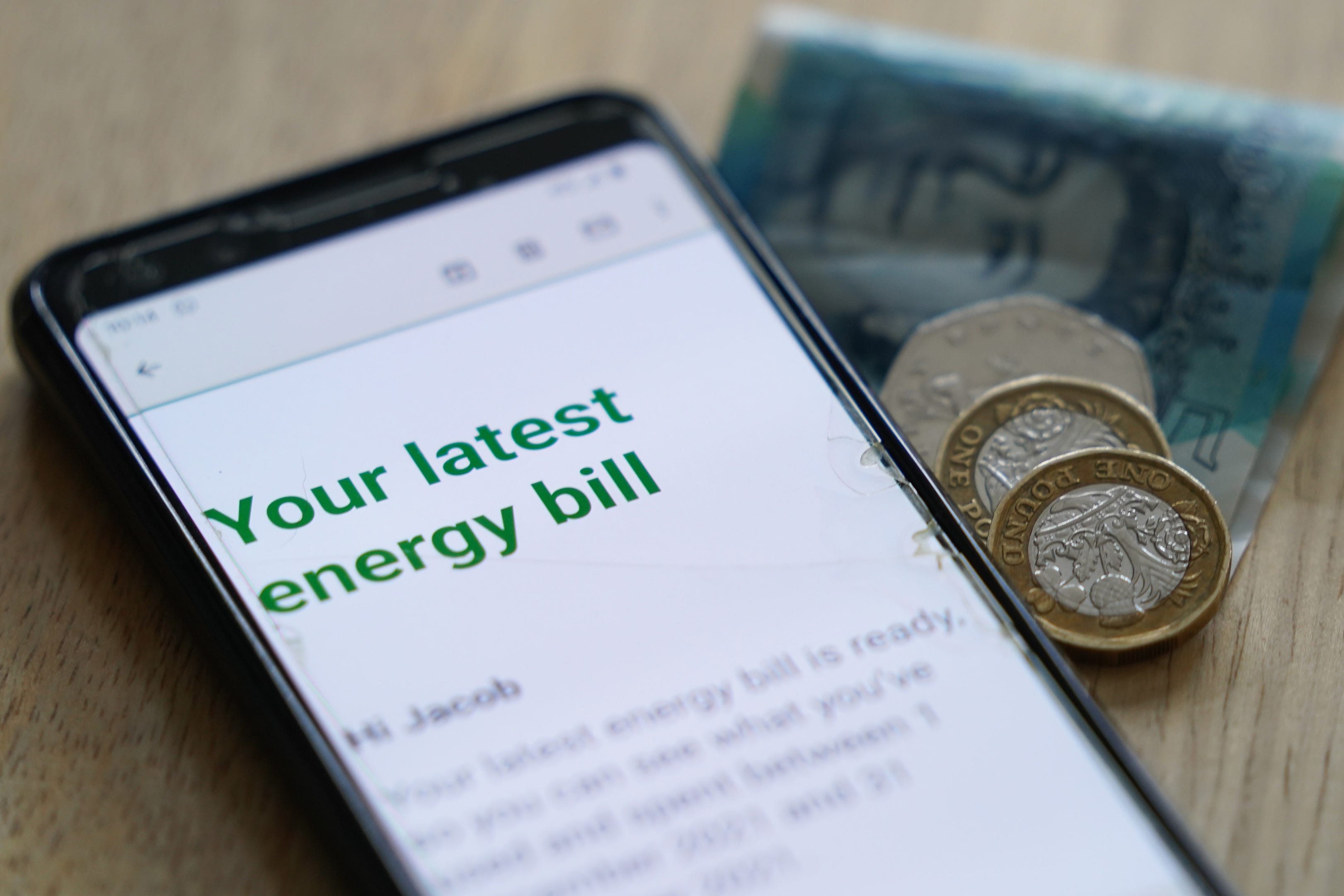Slow progress on insulating homes adds £3.2bn to UK energy bills – think tank
Research shows upgrading average home insulation could save hundreds of pounds a year per household under the new price cap.

Your support helps us to tell the story
From reproductive rights to climate change to Big Tech, The Independent is on the ground when the story is developing. Whether it's investigating the financials of Elon Musk's pro-Trump PAC or producing our latest documentary, 'The A Word', which shines a light on the American women fighting for reproductive rights, we know how important it is to parse out the facts from the messaging.
At such a critical moment in US history, we need reporters on the ground. Your donation allows us to keep sending journalists to speak to both sides of the story.
The Independent is trusted by Americans across the entire political spectrum. And unlike many other quality news outlets, we choose not to lock Americans out of our reporting and analysis with paywalls. We believe quality journalism should be available to everyone, paid for by those who can afford it.
Your support makes all the difference.A lack of progress on insulating British homes is costing bill payers £3.2 billion a year, according to research, despite recent drops in energy prices.
Analysis by think tank the Energy and Climate Intelligence Unit (ECIU) found that upgrading the average UK home to an Energy Performance Certificate (EPC) rating of ‘C’ would have saved the bill payer £200 a year.
The research classified an average home as having an EPC rating of ‘D’. For the 4.4 million homes that have a worse rating, the savings would have been almost £400 for EPC ‘E’ and £550 for EPC ‘F’.
Last year, the government scrapped its target that all privately rented homes should be rated EPC ‘C’ or above by 2025, in an overhaul of its net zero pledges.
Millions of British bill payers are still counting the cost of inaction and low investment in insulating homes over the past decade
Upgrading these homes alone would save those households £1.4 billion a year under the new prices, the ECIU said.
It comes after data showed that by the end of January, fewer than 5,000 homes had been insulated under the Government’s scheme to insulate 300,000 homes amid volatile energy prices.
The data, published by the Department for Energy and Net Zero more than a year after the so-called Great British Insulation Scheme launched, showed that just 4,648 householders had been fitted with new insulation measures.
Dr Simon Cran-McGreehin, head of analysis at ECIU, said: “Millions of British bill payers are still counting the cost of inaction and low investment in insulating homes over the past decade.
“Renters are in a particularly difficult situation given they don’t have any control over improving the warmth of their homes.
“Bills may have dropped slightly, but they are due to rise again ahead of winter when having a properly insulated home is the difference between affordable and astronomical energy bills.”
Ofgem said on Friday morning that the average household energy bill will drop by 7% from July 1, when the latest change to the regulator’s price cap takes effect.
The typical household’s energy bill is set to fall from the current £1,690 a year to £1,568.
Rishi Sunak said the fall in the energy price cap reported on Friday was evidence of his Government’s success, saying it shows “our plan is working” and that “the economy has turned a corner”.
Labour meanwhile pointed out that although the cap will be around £500 less than it was in July last year, when it was £2,074, it will still be £400 more than in 2021.
The energy price cap was introduced by the Government in January 2019 and sets a maximum price that energy suppliers can charge consumers in England, Scotland and Wales for each kilowatt hour (kWh) of energy they use.
Ofgem sets its cap every three months as the average amount paid by the typical household.
Dr Cran-McGreehin added: “The UK has been particularly badly hit by the crisis because we’re so dependent on gas for electricity and home heating.
“Shifting to net zero means building more British renewables and insulating more homes and so becoming less dependent on foreign gas imports.”